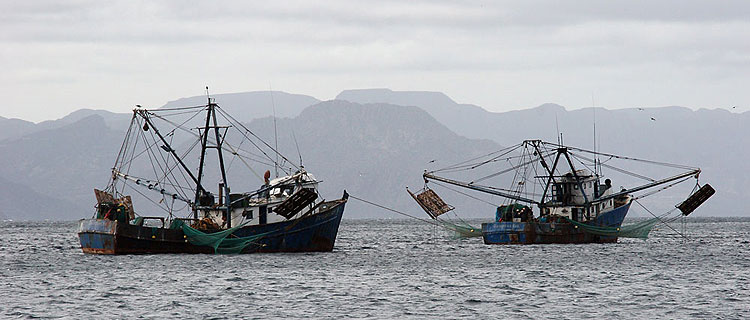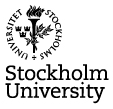
Managing overcapacity in small-scale marine fisheries
Robert Pomeroy, April 8, 2010, 11.00-12.00, Room 251, Stockholm Resilience Centre.
Over the period, 1970-1990, world industrial fisheries harvesting capacity grew at a rate eight times greater than the rate of growth of landings from world capture fisheries (Greboval and Munro 1999).
A report published by the World Wildlife Fund (Porter 1998) stated that the world fleet was two and a half times (150%) in excess of what the world fish stocks could sustain. FAO research shows that tuna fisheries worldwide have an average harvesting overcapacity of about 20 percent, although this varies from region to region.
Similarly, a recent government study in the United States found that overcapacity exists in 55 percent of 73 important fisheries (FAO 2004). This presentation will discuss the concept and assessment of overcapacity in small-scale marine fisheries, and the appropriate and integrated approaches to facilitating the exit of overcapacity from small-scale fisheries.
The recommendations presented in the presentation will assist governments and fisheries managers to prepare national and fishery-specific plans of action for the management of fishing overcapacity in the small-scale fishery.
About Professor Pomeroy
Robert Pomeroy's areas of professional interest are marine resource economics and policy, specifically small-scale fisheries management and development, coastal zone management, aquaculture economics, international development, policy analysis, and seafood market¬ing.
Dr. Pomeroy has worked on research and development projects in over 40 countries in Asia, Africa, the Caribbean and Latin America. Prior to joining University of Conneticut he worked at the World Resources Institute in Washington DC from in developping a marine program.
Prior to that, he worked at the International Center for Living Aquatic Resources Management (ICLARM) in Manila, Philippines. Dr. Pomeroy has his PhD in Resource Economics from Cornell University.
Time and place
Room 251, Stockholm Resilience Centre, Kräftriket 2B
Vacancies | Contact | Environmental policy | Cookies
Stockholm Resilience Centre
Stockholm University, Kräftriket 2B | Phone: +46 8 674 70 70 | info@stockholmresilience.su.se
Organisation number: 202100-3062 | VAT No: SE202100306201


